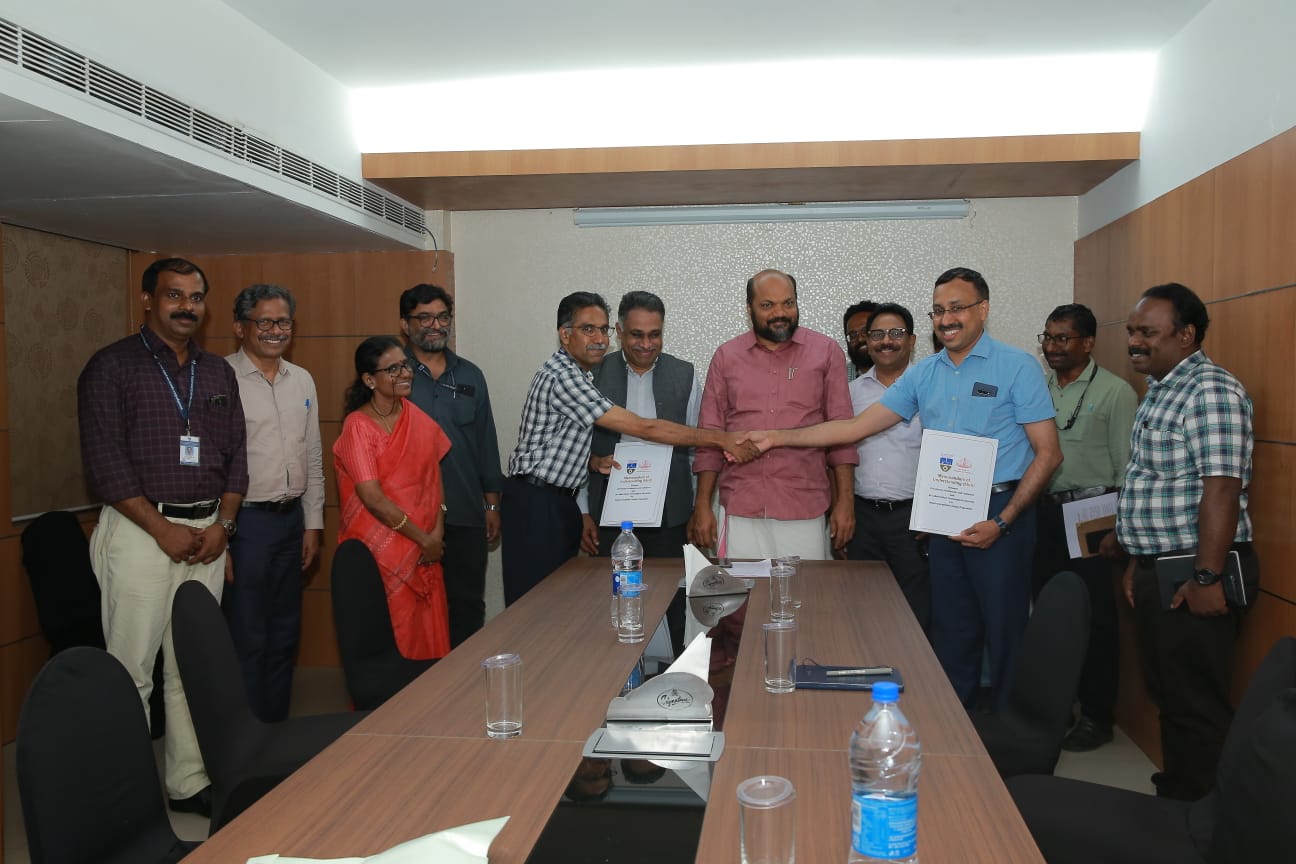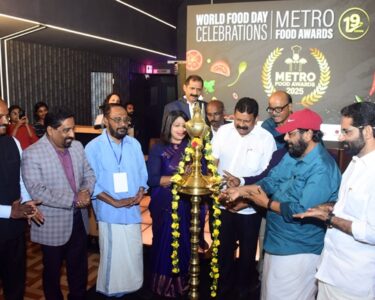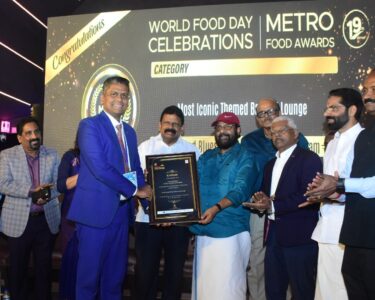In a pioneering initiative to directly engage engineering students to address problems faced by industries, the Directorate of Industries & Commerce (DI&C), Government of Kerala, today inked an agreement with the APJ Abdul Kalam Technological University (KTU).
A Memorandum of Understanding (MoU) in this regard was exchanged between Shri S Harikishore, Director DI&C and Managing Director of Kerala State Industrial Development Corporation (KSIDC), and KTU Registrar Dr A Praveen, in the presence of Minister for Industries, Law and Coir Shri P Rajeeve here today. Principal Secretary (Industries and NORKA) Shri Suman Billa and KTU Vice-Chancellor Dr Saji Gopinath were also present on the occasion.
The Minister, on the occasion,said that internship of students of colleges affiliated to KTU will be arranged through KSIDC so that they get hands-on experience on how various enterprises are run.
Besides firming up the linkage between the campuses affiliated to KTU and industry, the agreement provides for a grant of up to Rs 10,000 each for six months for students and researchers for coming out with viable managerial and technology solutions to help industries become more competitive by effectively tackling problems faced by them.
The Government has already given administrative sanction for Rs 12 lakh for providing grant under the project.
The collaboration seeks to build a strong bridge connecting the campuses and industry, aimed at enhancing the sustainability, quality and productivity of the entire industrial ecosystem of Kerala.The project will open up a host of hands-on research and development opportunities for the students to tackle industry-related problems and also promote youth entrepreneurship.
The DI&C has laid down the procedures to implement the scheme, as per which, it will first collect all details from industries looking for viable solutions to problems they face. These details, gathered through the district industries centres (DICs), will be scrutinized and passed on to KTU as “Problem Statements”for evolving effective solutions.
This task will be assigned to select teams of students and researchers, to be completed within the specified deadline. The participants in each project will be asked to submit a synopsis first and then come out with workable solutions and suggestions including infusion of cutting-edge technologies, use of non-conventional energy sources and introduction of sustainable safeguards to reduce pollution. The students will have to complete and handover the report of their research to DI&C within the timeframe through the university. The DI&C will then pass the report on to the enterprises that require solutions for specific problems




